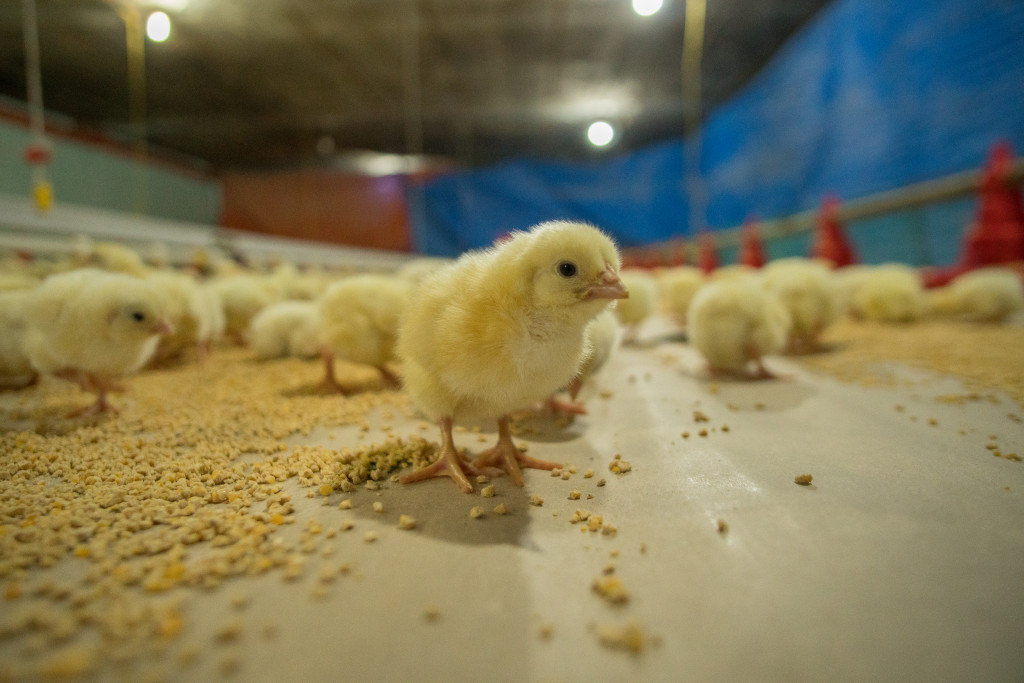Farming can be a gratifying experience, both financially and personally. However, it is essential to remember that farming is still a business. And as with any company, there are certain things you need to do to set yourself up for success. What are these things? Here are the basics of starting a farm business:
Identify your market
Before you start your farm, you must take the time to learn about your market. Who are you going to sell your products to? What needs does your target market have that you can meet? How much are they willing to pay for your products? Answering these questions will help you to make essential decisions about everything from what crops to grow to where to locate your farm.
For example, suppose you’re targeting restaurants as your primary market. In that case, you’ll need to grow crops that you can deliver regularly and meet the particular specifications of chefs. If you’re selling directly to consumers, on the other hand, you’ll need to focus on varieties that are popular with home cooks.
Either way, taking the time to understand your market will help ensure that your farm is thriving.
Prepare your water source
Well drilling and installation are probably the first things that come to mind when preparing your water source for farming. It is, of course, an important step. And although you may get tempted to cut corners to save money, remember that your water source is one of the most critical aspects of your farm. So it’s essential to make sure you get it right.
Another vital part of preparing your water source for farming is ensuring it is well-tested and treated. Depending on the results of the tests, you may need to take steps to make sure that your water is safe for use on crops. It could involve anything from installing filtration systems to using chemicals to treat the water.
But it’s best that you also consider things like irrigation and drainage. For example, if you’re growing crops that require a lot of water, you’ll need to ensure that your irrigation system is up to the task. Otherwise, you could lose your entire crop due to a lack of water.
On the other hand, the lack of drainage can also be problematic. Water collecting on your farm could create a breeding ground for pests and diseases. It could also lead to crop loss due to flooding. So make sure you take the time to prepare your water source before you start farming.

Start your farm animals off right
Starting them off right is essential if you’re planning to raise animals on your farm. That means ensuring they are healthy and well-cared for from the very beginning. It might seem like a lot of work, but it will pay off in the long run.
One of the first things you need to do is make sure you choose the right breed of animal for your farm. Not all animals are created equal, and some species are better suited for particular environments than others. For example, if you’re planning to raise cattle in a hot climate, you’ll need to choose a heat-tolerant breed.
You also need to pay attention to the health of your animals. Ensure you provide them with proper nutrition, shelter, and veterinary care. These things will help to ensure that your animals are healthy and productive.
Keep an eye on the bottom line
Monitoring your costs and making sure you are turning a profit is crucial. There are several ways to do this, but one of the most important is to track your expenses. That way, you’ll know exactly where your money is going and what things cost you the most.
It would help if you also kept an eye on your revenue. Doing so will help you to see whether your farm is making money. If it isn’t, you’ll need to find ways to increase your income or reduce your costs.
One way to do this is to sell directly to consumers. That way, you’ll eliminate the middleman and earn more sales profits. You can also add value to your products by processing them yourself. For example, you could start making cheese or yogurt when selling milk. In as simple as these tips, remember that making a profit is essential to the success of your farm. So make sure you keep an eye on your bottom line.
Running a farm takes a lot of work. But if you’re willing to put in the effort, it can be rewarding. The above tips are just some things you need to remember when starting a farm business. But they should help you get off to a good start. Just remember that running a farm is a tricky job. So make sure you’re ready for the challenges that come with it.


